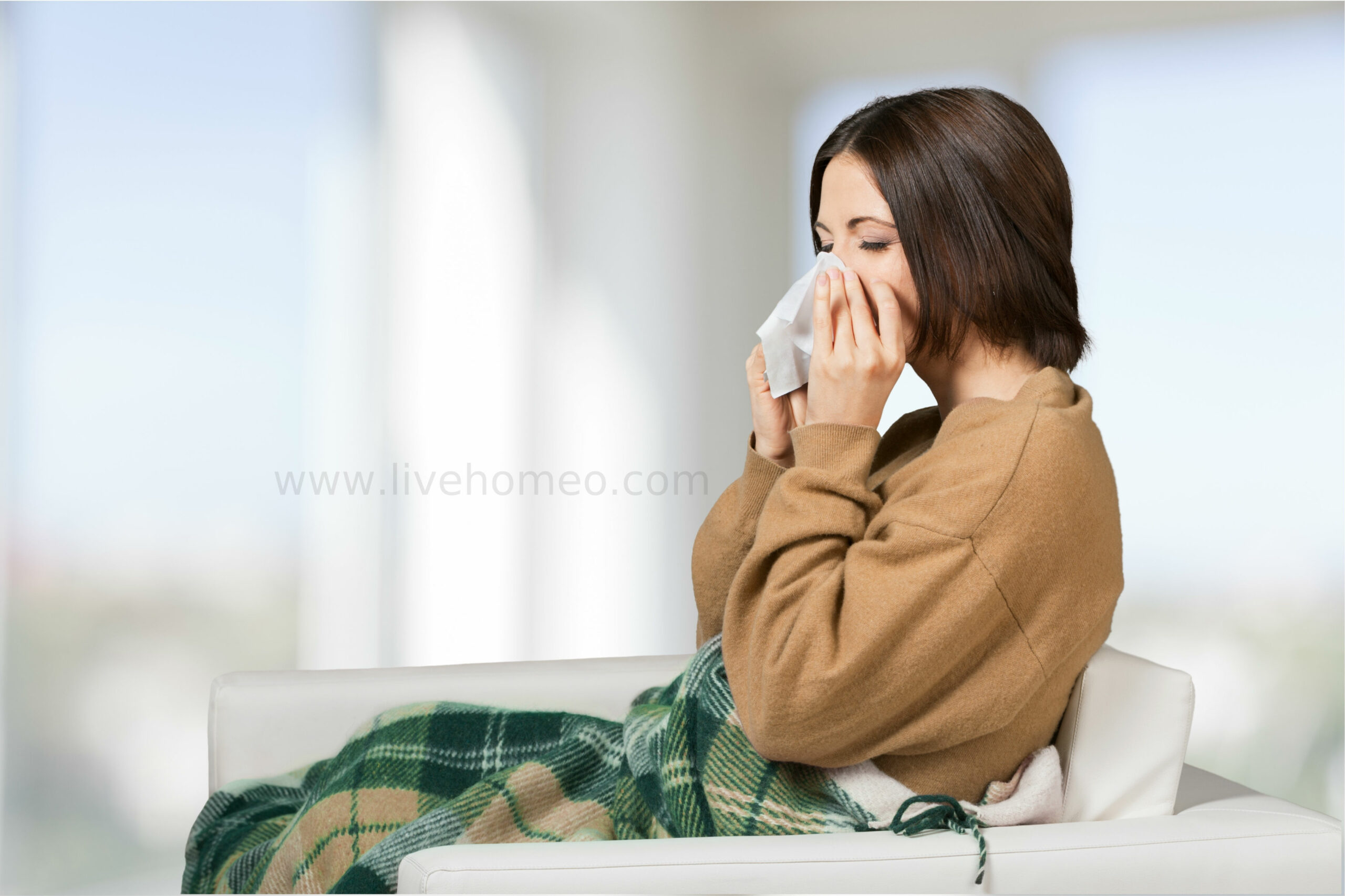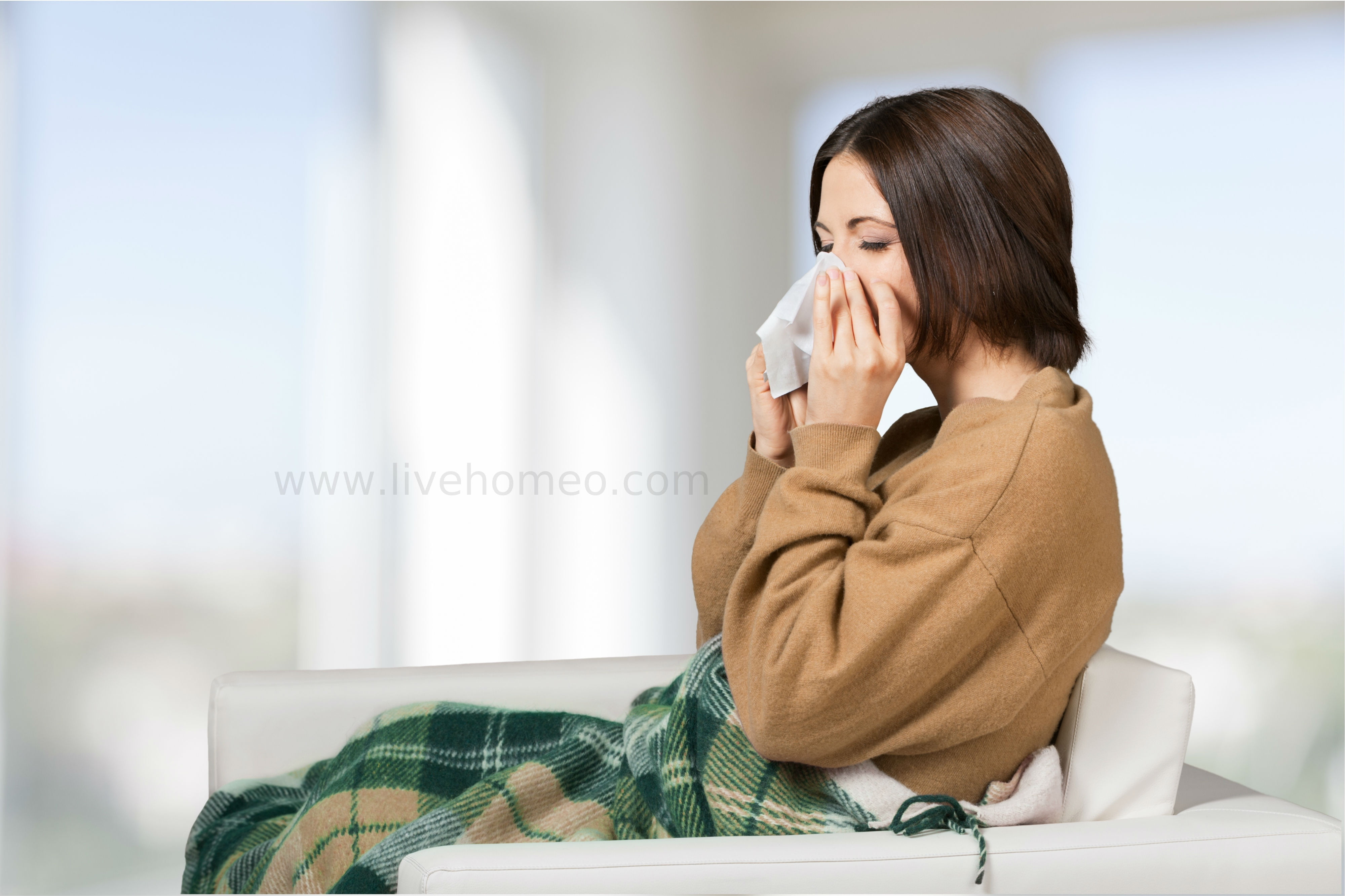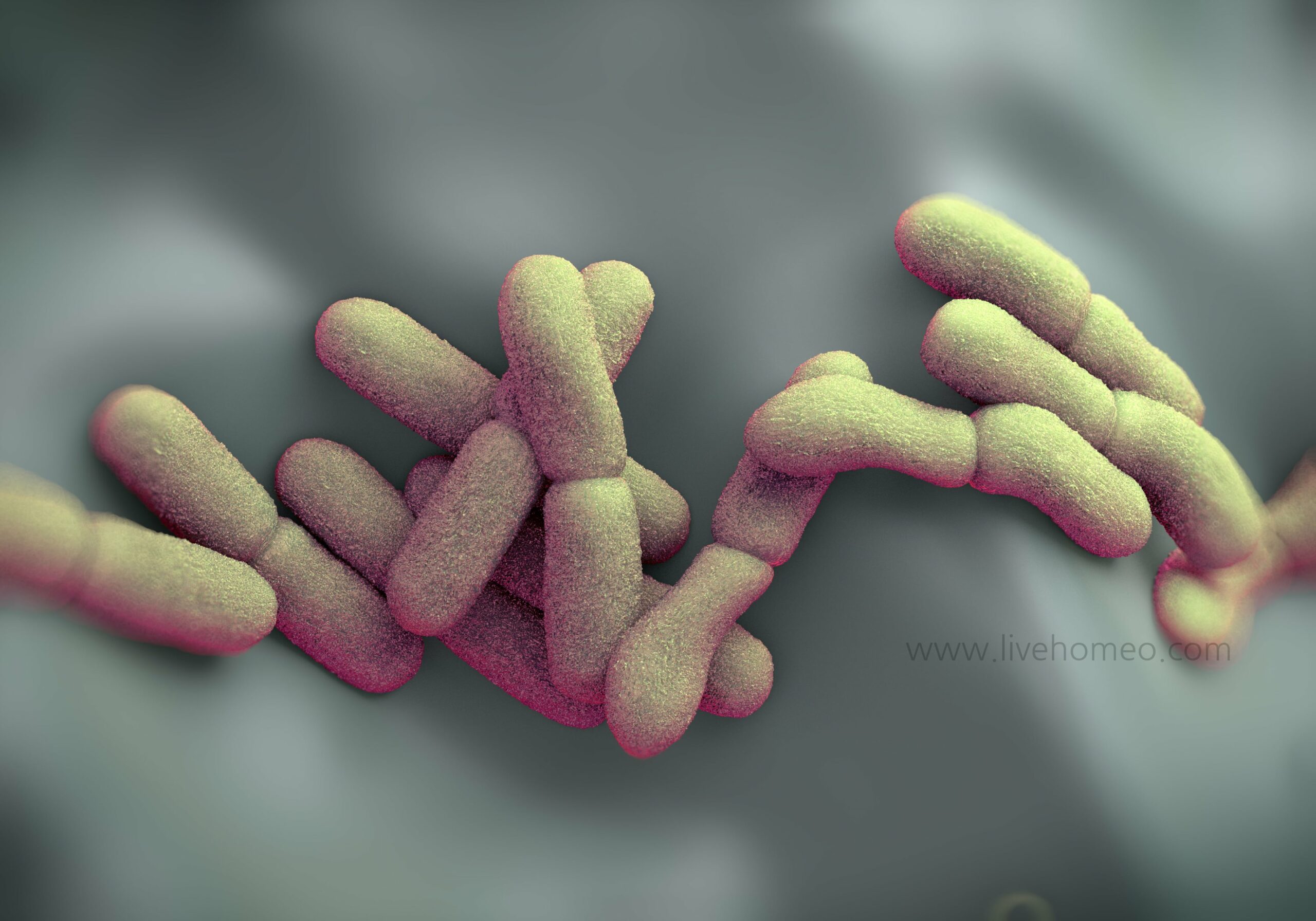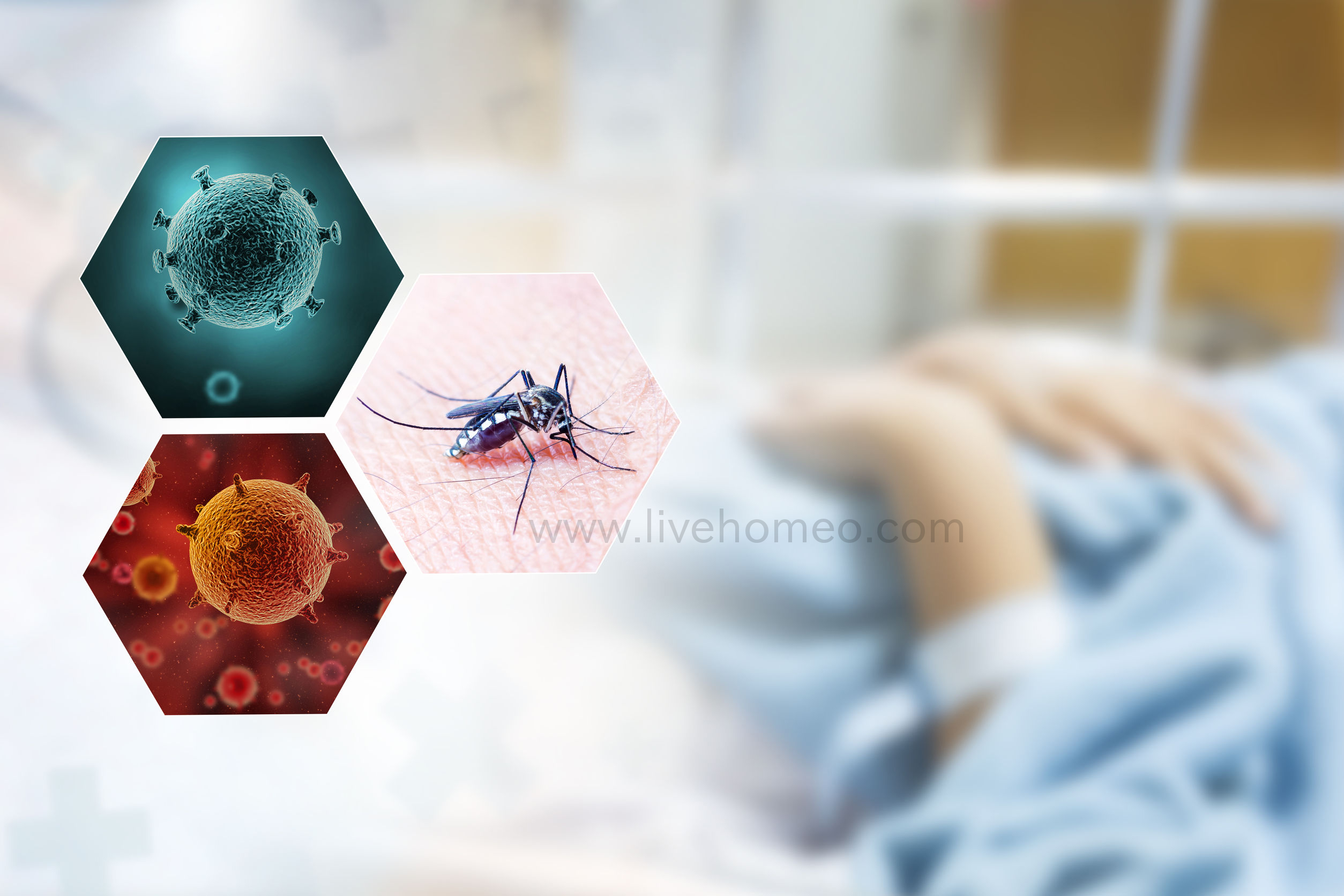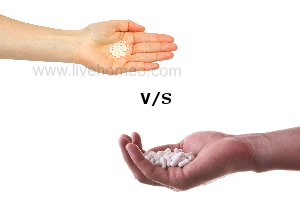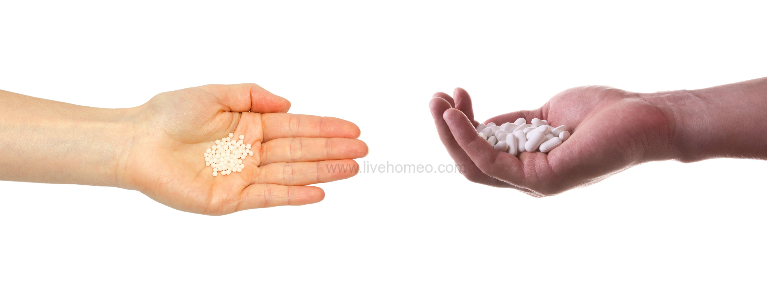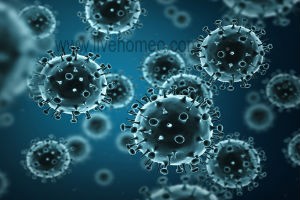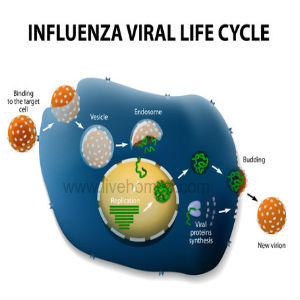Diarrhea is one of the most common problems where people face loose, watery stools and also increased number of stools. Several factors like unhealthy diet, viral or bacterial infections, Crohn’s disease and food poisoning usually leads to this problem. Though it cures by itself, it may lead to several complications like dehydration, abdominal cramps, nausea, fatigue, decreased appetite and so on. In most of the cases, it may last for few days but in severe cases like inflammatory bowel disease, chronic infections, irritable bowel syndrome and so on it may last for few weeks. This condition is most common in children and in severe cases it can lead to several complications.
Types of Diarrhea
There are two types namely acute and chronic.
- Acute diarrhea- In this type, the problem lasts for two to three days. This type is commonly seen and this may be due to unhygienic food, viral and bacterial infections. Few people also develop this acute type while traveling due to contact with virus or bacteria and this type is called as traveller’s diarrhea.
- Chronic diarrhea- When people struggle with this problem for more than two weeks, it is called as chronic disease This Chronic condition can be due to several underlying health problems like intestinal diseases like Crohn’s disease.
Causes of Diarrhea:
It can be caused due to several factors like
- Food allergies
- Viral infections
- Bacterial infections
- Lactose intolerance
- Digestive problems like Crohn’s disease, irritable bowel syndrome and so on.
- Artificial substances used in preparing food
- Due to several prescriptions and invasive treatments.
This disorder can also be caused due to other factors like viral gastroenteritis, ulcerative colitis, colon cancer and so on.
Symptoms of Diarrhea:
The symptoms of this condition mainly depend on the cause of it. The most common symptoms people face are
- Frequent watery and loose stool
- Increased quantity of stool
- Abdominal cramps
- Fever
- Dehydration
- Dry mouth and dry skin
- Bloating
- Weakness
- Red or maroon coloured stool
If you experience these symptoms for more than three to four days, it is advised to meet specialist as it can lead to complications like weakness, dehydration, dizziness and also light headedness. In order to avoid dehydration and other problems drink plenty of fluids, ORS and liquids.
Homeopathy treatment for Diarrhea:
Homeopathy treatment for diarrhea disorders works by controlling the frequency of passing stools and severity of symptoms. These disorders control through homeopathy is safe and the remedies used also are natural and are non toxic. Homeopathic remedies are extracted from natural substances like plants, vegetables and other natural minerals. Homeopathy for diarrhea disorders is prescribed based on the symptoms and theory of individuals. Homeopathy along with treatment also provides disorder control tips. These disorders overcome tips include mild diet, intake of fluids and others. These homeopathy tips for this disorders are safe and also help in quick recovery by controlling the cramps and revitalizing the body.


